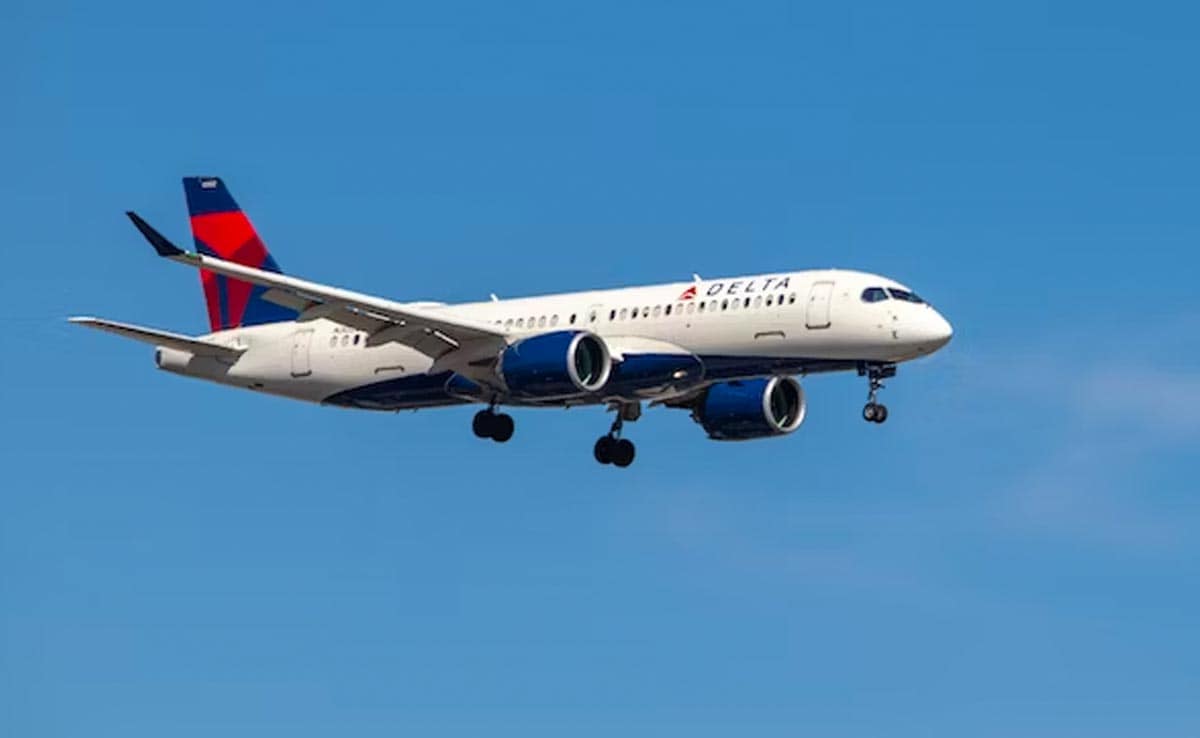
“It’s going to be very difficult to increase productivity. You’re not making mobile phones.”
Singapore:
Boeing and Airbus struck a deal to sell billions of dollars worth of planes at this week’s Singapore Air Show, but supply chain disruptions mean they may struggle to deliver the planes on time, analysts said.
As the travel industry recovers from the severe disruption caused by the Covid-19 pandemic, aircraft manufacturers are currently lagging on orders due to parts shortages and a lack of skilled labor.
From engines and seat belts to wires and screws, a plane requires millions of parts from suppliers around the world, making them vulnerable to supply chain issues.
In major deals announced at Asia’s biggest air show, which ended on Sunday, Thai Airways ordered 45 Boeing 787 Dreamliners while Royal Brunei Airlines bought four of the popular aircraft.
Europe’s Airbus said it has secured a commitment from Vietnamese airline Vietjet to purchase 20 A330-900 aircraft, with the first to be delivered in 2026.
This may be optimistic.
Aviation analyst Shukor Yusof said Boeing and Airbus have said some of their popular models will be available before 2030.
“New orders will be difficult to deliver due to ongoing shortages of labor and raw materials, logistics issues and widespread energy costs,” said Shukor, founder of consulting firm Endau Analytics.
“It’s going to be very difficult to increase productivity. You’re not making mobile phones.”
Shook said flight delays mean airlines can’t offer more seats and will have to use older, less fuel-efficient planes, which could eat into their profits.
-“Main bottleneck”-
Problems across the supply chain have been largely caused by the pandemic, when restrictions and border closures disrupted the movement of raw materials and led to the layoffs of pilots, flight attendants, baggage handlers and aircraft mechanics.
The war in Ukraine has also disrupted oil supplies and triggered higher costs for goods and services globally.
Air travel has returned with a vengeance as the Covid-19 pandemic eases, tapping into pent-up demand and leaving manufacturers, airlines, airports and suppliers struggling to keep up.
Brendan Sobie, an analyst at independent consultancy Sobie Aviation, said the supply chain “has become a major bottleneck, a major issue that is preventing production capacity from returning to the market and delaying aircraft deliveries.”
Parts shortages are causing aircraft to wait longer for maintenance, while engine problems have forced planes to be grounded, he added.
Each 787 Dreamliner requires about 2.3 million parts, some of which are manufactured by the company and others purchased from global suppliers, according to Boeing’s website.
Airbus has thousands of direct and indirect suppliers from more than 100 countries from which it sources components, systems and services, the company said on its website.
Willie Walsh, director general of the International Air Transport Association, told a seminar ahead of the air show that supply chain issues “are likely to persist for several years.”
Labor shortage is another problem.
Boeing said last year that the industry would need 649,000 pilots, 690,000 maintenance technicians and 938,000 crew members over the next 20 years “to support the commercial fleet and meet long-term growth in air travel.”
Shukol said some airlines that laid off pilots during the pandemic are finding it difficult to rehire them, while manufacturers are struggling to find highly specialized aircraft mechanics and technicians who need time to train and obtain licenses.
Shukol said many people “are no longer interested in returning” to the industry because the pandemic has proven their jobs are insecure.
Cebu Pacific Airlines in the Philippines has been forced to ground 10 planes due to problems with Pratt & Whitney engines and may increase this to 16 this year, CEO Michael Szucs said.
The airline was also affected by delays from Airbus.
“We have a shortage of capacity due to aircraft being grounded or aircraft not arriving on time,” Sooks told AFP at the air show.
“Keeping our fleet flying has never been more difficult.”
(Except for the headline, this story has not been edited by NDTV staff and is published from a syndicated feed.)
Follow us on Google news ,Twitter , and Join Whatsapp Group of thelocalreport.in
















